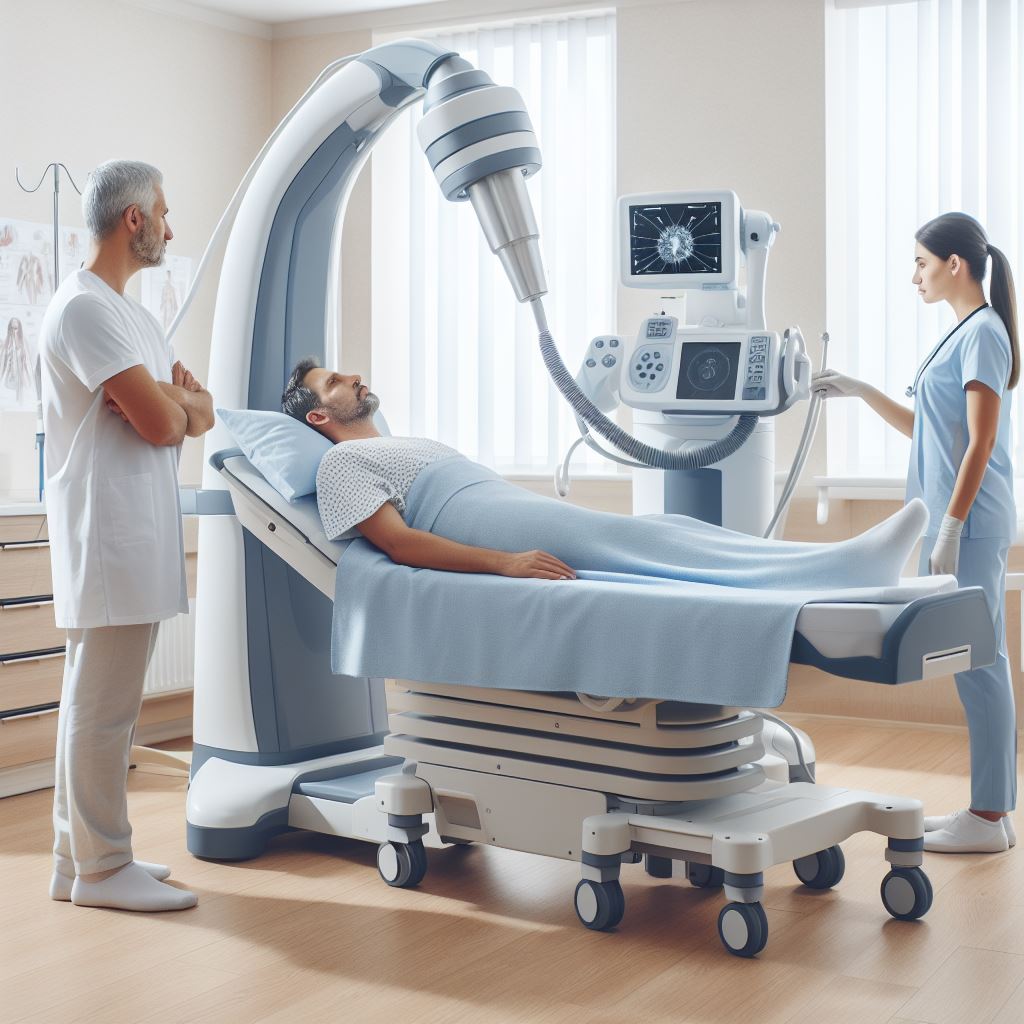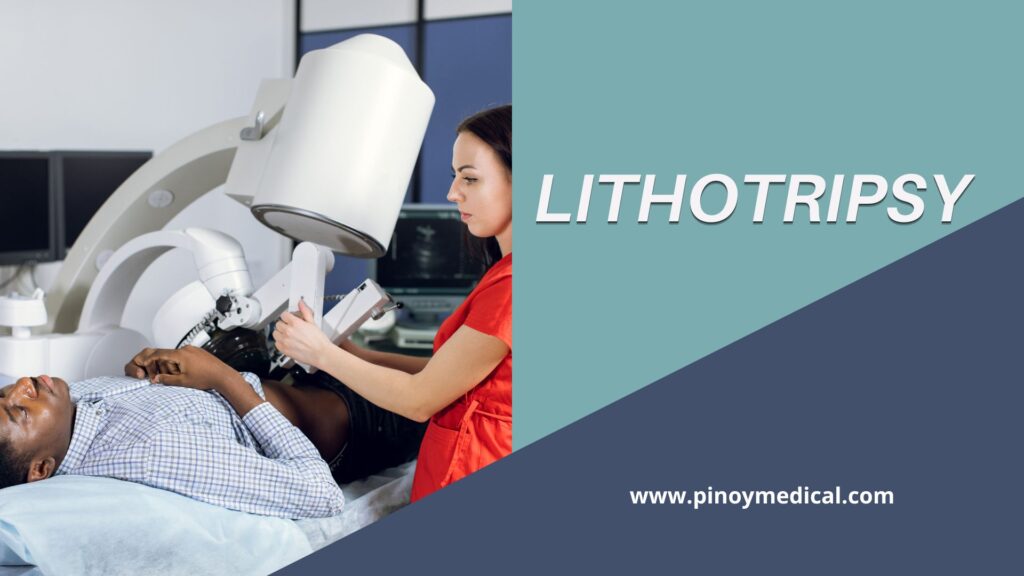Lithotripsy is a medical operation that breaks down kidney stones or gallstones into tiny pieces, allowing them less complicated to pass via the bladder or gastrointestinal system. It targets and fragments stones using high-energy shock waves or laser technologies. Lithotripsy offers less intrusive treatment options, a quicker recovery period, and successful stone removal without the need for extensive surgery.
Lithotripsy Price
For lithotripsy, the first session usually costs about ₱20,000, and every subsequent treatment costs about ₱3,000. The size and placement of the stone, and the equipment employed, can all affect the overall cost. PhilHealth and health insurance can frequently assist defray these expenses. For precise pricing and coverage possibilities, check with local hospitals. Discounts or package packages may be available.

Popular Hospitals and Labs that Provide Lithotripsy
The expense of lithotripsy fluctuates between hospitals because of various considerations, including facility location and reputation, medical staff experience, and other factors. Anesthesia, pre-procedure diagnostics, and post-procedure care may result in additional expenses. Government hospitals may have lower charges compare to private ones. The following renowned clinics provide lithotripsy:
| Hospital/Lab | Location | Contact | |
| GreenCity Medical Center | San Fernando Interchange, San Fernando, Pampanga | 0456498702 | [email protected] |
| Makati Medical Center | No. 2 Amorsolo Street, Legaspi Village, Makati City, Philippines 1229 | (+63)2 8888 8999 | [email protected] |
| Philippine General Hospital (PGH) | HXHP+469, Taft Ave, Ermita, Manila, 1000 Metro Manila | (+63) 9323390827 (+63) 9665492755 | [email protected] |
| National Kidney and Transplant Institute (NKTI) | East Avenue, Diliman Quezon City 1101 Philippines | (+63) 2 89810300 89810400 | [email protected] |
| Ospital ng Maynila Medical Center | Pres. Quirino Avenue corner Roxas Blvd., Malate 1004 Manila | (02) 88467629 | [email protected] |
| Philippine Heart Center | J2VX+J72, East Ave, Diliman, Quezon City, Metro Manila | (02) 89252401 | [email protected] |
| The Medical City | Upper Ground Floor, The Annex Building SM North Quezon City Wellness Zone 2/F SM City Novaliches, San Bartolome, Novaliches, Quezon City Annex Bldg., SM Sta. Mesa R. Magsaysay Blvd cor. Araneta Ave., Brgy Doña Imelda, Sta. Mesa, Quezon City | (02) 89881000 8396-9899 | [email protected] |
| Asian Hospital and Medical Center | 2205 Civic Dr, Alabang, Muntinlupa, 1780 Metro Manila | (+63) 2 87719000 (+63) 2 88765755 | [email protected] |
| De Los Santos Medical Center | 201 E Rodriguez Sr. Blvd., Quezon City, Philippines | 889-DLSMC (35762) | [email protected] |
| East Avenue Medical Center | J2RX+V49, East Ave, Diliman, Quezon City, 1100 Metro Manila | (02) 928 0611 | [email protected] |
Video about Lithotripsy
FAQs
When is it advised to perform lithotripsy?
When kidney stones or gallstones get too big to pass naturally or start to cause discomfort, infection, or other problems, lithotripsy is advised.
Does lithotripsy cause pain?
Although local anesthetic or sedative is frequently used to minimize discomfort during the operation, the process may produce discomfort or mild pain.
How long does it take to recover from lithotripsy?
Although recovery times vary, most patients can resume their regular activities in a few days. Several weeks may pass before full recovery, contingent on the size of the stone and the outcome of the treatment.
Does lithotripsy have any dangers or complications?
There is a chance of bleeding, infection, bruises, or tissue injury. Although they are uncommon, serious complications will be discussed in advance with you by your healthcare professional.
To what extent can stones be removed with lithotripsy?
Lithotripsy works well most of the time, however the effectiveness varies according to the size, composition, and location of the stone. Some people could require more than one session of therapy.
Is it possible to utilize lithotripsy on any kind of stone?
Certain kinds of kidney or gallstones respond well to lithotripsy; nevertheless, certain stones may be too big or tough for this procedure. Your physician will decide if it’s suitable for you.
What may I anticipate following lithotripsy?
Following lithotripsy, you can feel some discomfort, bruise easily, or have blood in your pee. You will receive instructions for pain management and post-procedure care from your healthcare professional.


